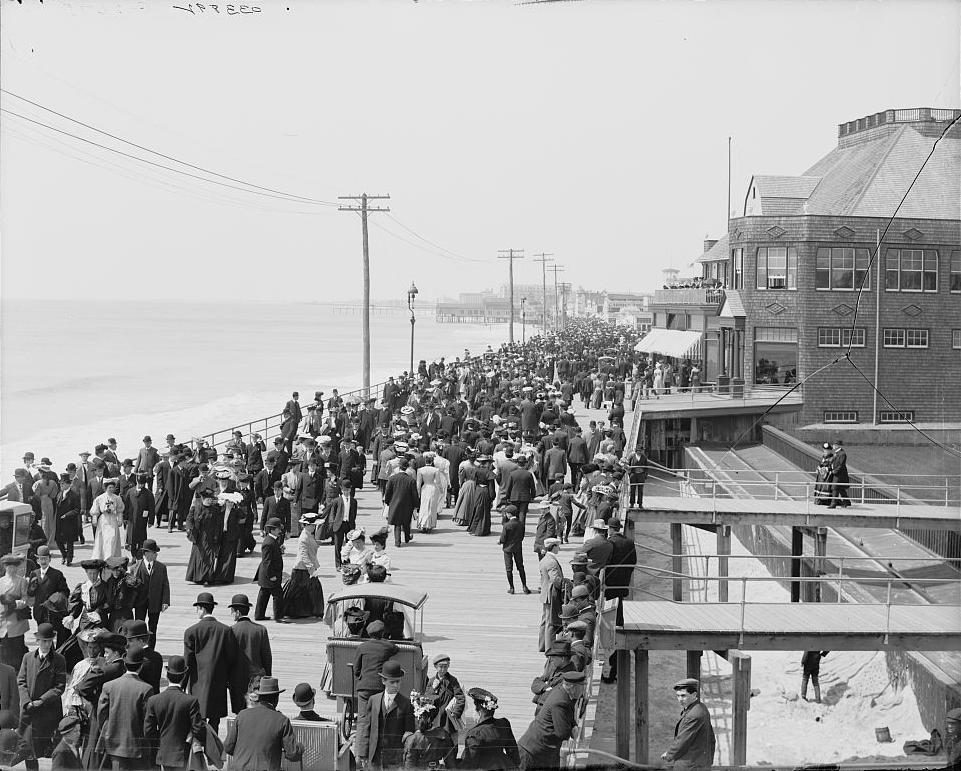Shiva
Shiva is derived from the word sheva, which means seven, signifying the seven days of mourning. It is a time referred to as - sitting shiva and its primary purpose is to provide a time for spiritual and emotional healing, where mourners join together. A person sits shiva for a parent, spouse, sibling or child. Shabbat is considered part of the shiva period and does not end the mourning.
Traditionally, shiva is held in the home of the person deceased because it is believed that is where the spirit of this person will continue to dwell and where memories have occurred. Shiva focuses on the mourners, and is when family and friends come to comfort them.

A memorial candle is lit, because in Jewish tradition it is believed that a person's soul is like a flame that brings light into others lives. The candle burns for 24 hours. In subsequent years, a yahrzeit candle will be lit to commemorate the date of death.
The people sitting shiva sit on low benches as a sign of mourning. While the funeral home provides chairs one could also use a couch with the cushions removed or even sit on the floor. This is a symbol of depression that the mourner is experiencing.
During shiva a mourner is expected to ignore their own physical beauty.
Mirrors are covered to remind the mourner’s that shiva is a reflection of loneliness and not about social acceptance.
Shoes are removed.
Shiva Prayer Services
Services are held in the home, because mourners are not expected to leave their home during shiva, nor dress for public display. Shacharit is said in the morning, Mincha in the late afternoon and Maariv in the evening. A Minyan (10 people required for certain prayers) is needed in order to conduct the prayer services and it is customary for people to call upon the family at these times. At the end of each service the Mourners Kaddish is recited.
Shloshim
Shloshim means thirty, and identifies the thirty days after the death. Mourners are expected to limit their social activities and should not cut their hair or shave during this 23 days period after shiva.
Getting Up From Shiva
The last of shiva is observed for only a few short hours. Comforters are expected to say to the mourners:
No more will your sun set, nor your moon be darkened, for God will be an eternal light for you, and your days of mourning shall end. (Isaiah 60:20)
Like a man whose mother consoles him, so shall I console you, and you shall be consoled in Jerusalem. (Isaiah 66:13)
Mourners then get up and go outside for the first time since the funeral, and take a short walk around the block.










